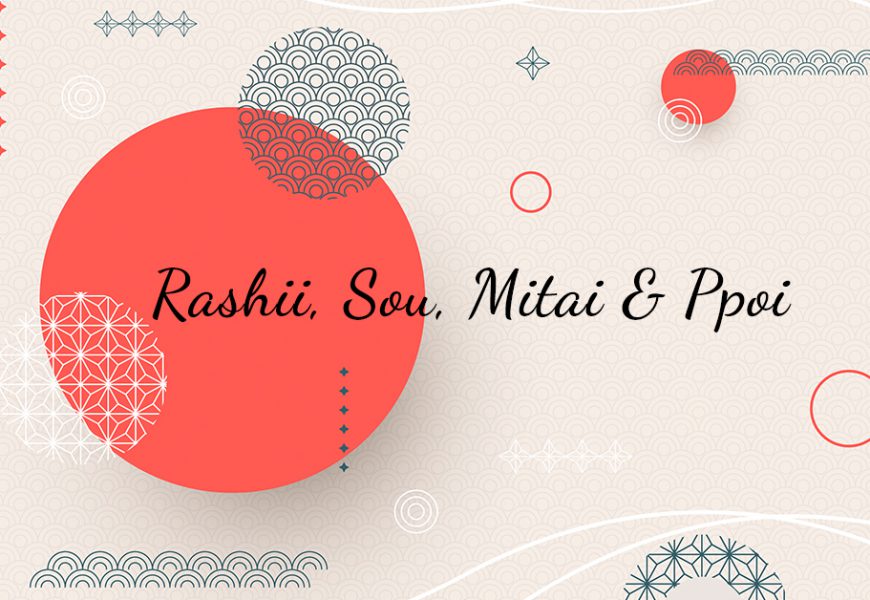Learning the Japanese language is quite fascinating. It is often regarded as a language isolate, simply because it is unrelated to any other language. With colorful illustrations and alluring alphabets or character sets, the Japanese language can be challenging but worth every minute of learning it.
So, if you are learning Japanese, we are rooting for you and in hopes of making it easier for you, in this blog, we plan to explain some common Japanese words like rashii (らしい), sou (そう), mitai (みたい) and ppoi (っぽい).
So let’s begin!
Now, you may or may not have heard of rashii (らしい), sou (そう), mitai (みたい) and ppoi (っぽい). These terms are used by Japanese language users when they mean to express something they’ve heard about, like rumours or gossip.
Eg: “Seems like….” Or “Looks like…”.
Let’s familiarise ourselves with these four interesting Japanese words.
What is Rashii?
Rashii, which can be translated as “I heard” or “it seems”, is used to talk about stuff someone heard of somewhere or make assumptions. It is used to talk about something that you imagine must be or look like from what you have heard about it.
For instance, let’s say you heard from someone somewhere that a famous celebrity is coming to your town. You would say, “I heard that Mr. XYZ is coming to Osaka.”
What is Mitai?
Mitai, which can be translated to “seems”, is used when you see something and make an educated guess based on what you saw.
For instance, let’s say you are walking in the park and see a couple holding hands and smiling at each other. You would think that they seem happy, right? This is when mitai is used.
What is Sou?
You can use sou when you see something and make a judgment based on it. For example, let’s say you are out on a dinner date and your partner orders something that looks appetizing to you. You would say, “It looks tasty!”
Sou, which can also mean, “I heard….” is used when you talk about something you heard from a third party.
For instance, let’s say someone told you about your neighbor getting a divorce. When relying this information on someone else, you would go with, “I heard they are getting a divorce.”
What is Ppoi?
To add an emphasis when you talk about something the ‘seems like’ or ‘looks like, you can add ppoi as an adjective. It has to do with concluding something you witness.
For instance, your friend introduces you to her new boyfriend and wants your honest opinion about them. You would go with something like, “He seems to be really into you.”
We hope this blog helps you even just a little bit in understanding rashii (らしい), sou (そう), mitai (みたい) and ppoi (っぽい).
Learn Japanese
If you want to expand your Japanese vocabulary skills further, there are many Japanese language Schools you can join in India. There are many benefits to learning this fascinating language, such as a higher employability rate and the chance of migrating to Japan, to name a few.
Moreover, learning Japanese can give you an idea of how Japanese culture emerged, its history, traditions, customs, and values. If you wish to ever migrate to Japan, this knowledge will help you settle in faster and understand the dos and don’ts of the region if you plan to ever migrate to Japan to work or study. It will also help you mingle with locals, take in the lifestyle and help you fit-in, in the long run.
All the major cities in India have Japanese learning centers with certified instructors to help you grasp your Japanese language course in the best manner possible. One of the best is AKAL Japanese Academy in Delhi.
About AKAL Japanese Academy
AKAL Japanese Academy focuses on teaching the students the Language of Japan and everything they need to know about Japanese Culture and Traditions. Qualified with the best learning materials and some of the best Japanese language teachers, you will be given flexible time slots depending on your availability.








